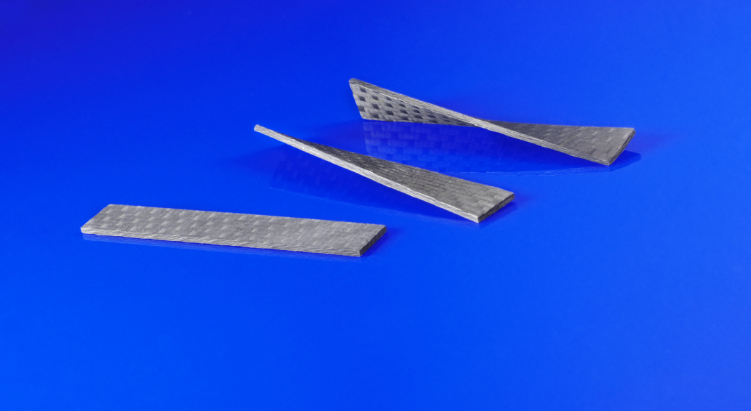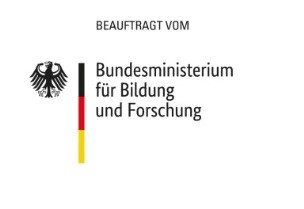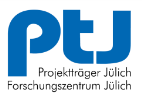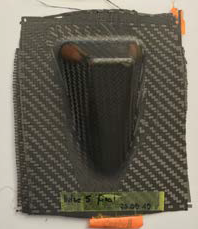
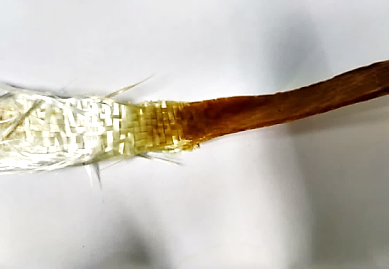
They are light, stiff and break-resistant and can be used as lightweight materials in applications ranging from wind energy to aerospace – fiber-reinforced plastics (FRPs). Once they have been shaped, depending on the plastic used, they can no longer be reshaped and returned to the material cycle. In the DuroCycleFVK project, researchers at Fraunhofer IFAM develop novel polymers for FRPs, which combine the desired properties of thermoplastics and thermosets and enable new and more energy-efficient manufacturing, shaping, and recycling processes for FRPs.
Compared to other polymer classes, thermosets are characterized by particularly good mechanical properties and chemical resistance. These result from their three-dimensionally crosslinked molecular structure. However, the extraordinarily resistant composite based on thermosets is no longer plastically deformable. This limits the use of large-scale production processes and currently makes it virtually impossible to recycle discarded FRP- and thermoset-based components. Accordingly, the processing and use of thermoset-based materials is exclusively linear, i.e. the materials are landfilled or incinerated after their service life oder life cycle?. At the same time, in the "plastic age", our society faces problems of environmental pollution by plastics (especially of the world's oceans) as well as their residues (micro- and nanoparticles). On top of that, we are confronted with resource scarcity. This means that economic, but also ecological processes in the production of plastic-based materials and their recycling become more and more important. At the same time, there is a range of demands on the materials, some of which are contradictory: Durability in continuous use and high functionality versus cost-effective production and sustainable recycling. This balancing act can only be mastered by new chemical approaches in materials chemistry.
The best of both worlds: resistant like a thermoset and yet formable like a thermoplastic
As part of the DuroCycleFVK project, researchers at Fraunhofer IFAM are investigating three-dimensionally cross-linked FRPs which can be formed within a specific temperature range. They are exploiting the fact that such apparently incompatible material properties can be adjusted using phase-separated thermosets as a matrix. This type of polymer is characterized by a covalent amorphous network as the shaping phase and a partially crystalline and thus thermally moldable phase. The material properties of these thermo-responsive FRPs can then be controlled via the proportions of soft and hard segments, the selection of starting materials and reaction control.
The first, newly developed polymers have already been successfully processed into fiber composite components. The creation of a demonstrator at the project partner INVENT GmbH in Braunschweig has demonstrated the transferability of the processes to the industrial environment. The advantages of the technology include the fact that components can be manufactured in a prefabricated state and that individual shape adaptation is possible at a later stage. This can lead to a significant reduction in scrap components.
In addition to shaping, such a polymer structure brings with it shape memory properties that can be of interest in numerous applications. These include, for example, intelligent ventilation systems in which complex actuator technology can be dispensed with. Self-deploying structures can also reduce space and energy requirements in the aerospace sector.
